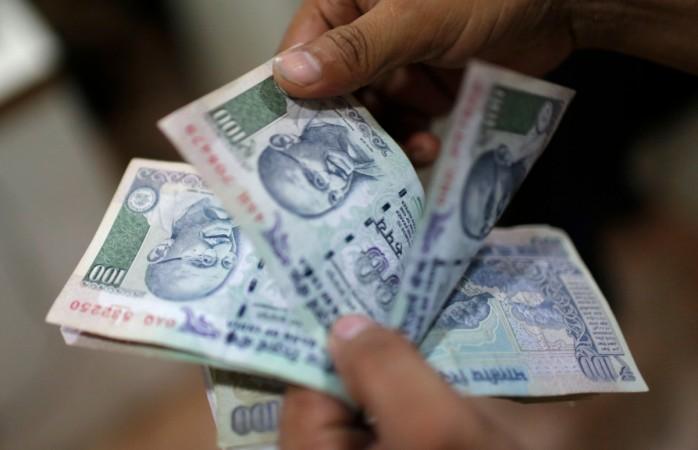The opening of the economy and easing of Covid infections last year has affected the financial savings of households.
According to Preliminary Estimates of Household Financial Savings released by Reserve Bank of India (RBI), household financial savings is placed at 8.2 per cent of GDP in Q3 of 2020-21. This is a sequential moderation for the second consecutive quarter after having spiked in the pandemic-hit first quarter of 2020-21.
The moderation was driven by a significant weakening in the flow of household financial assets, which more than offset the moderation in the flow of household financial liabilities, the RBI said in its report.

The ratio of household (bank) deposits to GDP also declined to 3.0 per cent in the October -December quarter of FY21 from 7.7 per cent in the previous quarter.
The RBI said that despite higher borrowings from banks and housing finance companies, the flow in household financial liabilities was marginally lower in Q3, following a marked decline in borrowings from non-banking financial companies.
The household debt to GDP ratio, which is based on select financial instruments, has been increasing steadily since end-March 2019. It rose sharply to 37.9 per cent at end-December 2020 from 37.1 per cent at end-September 2020.









